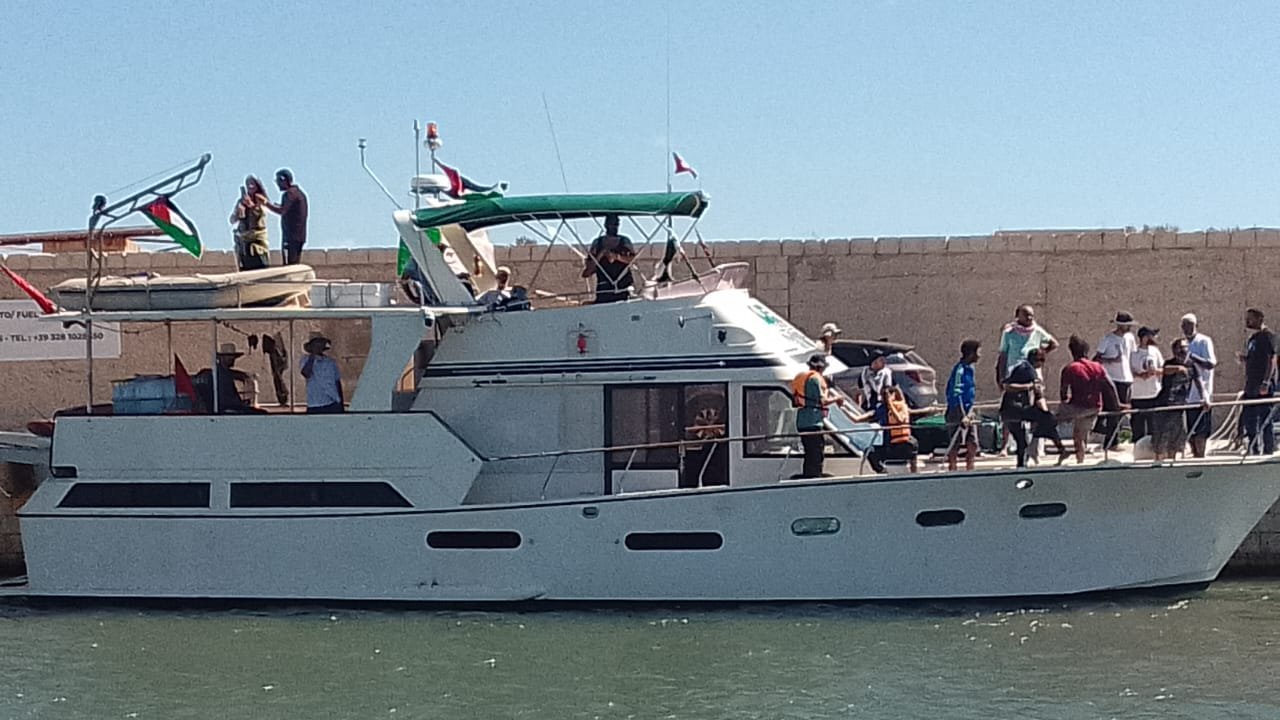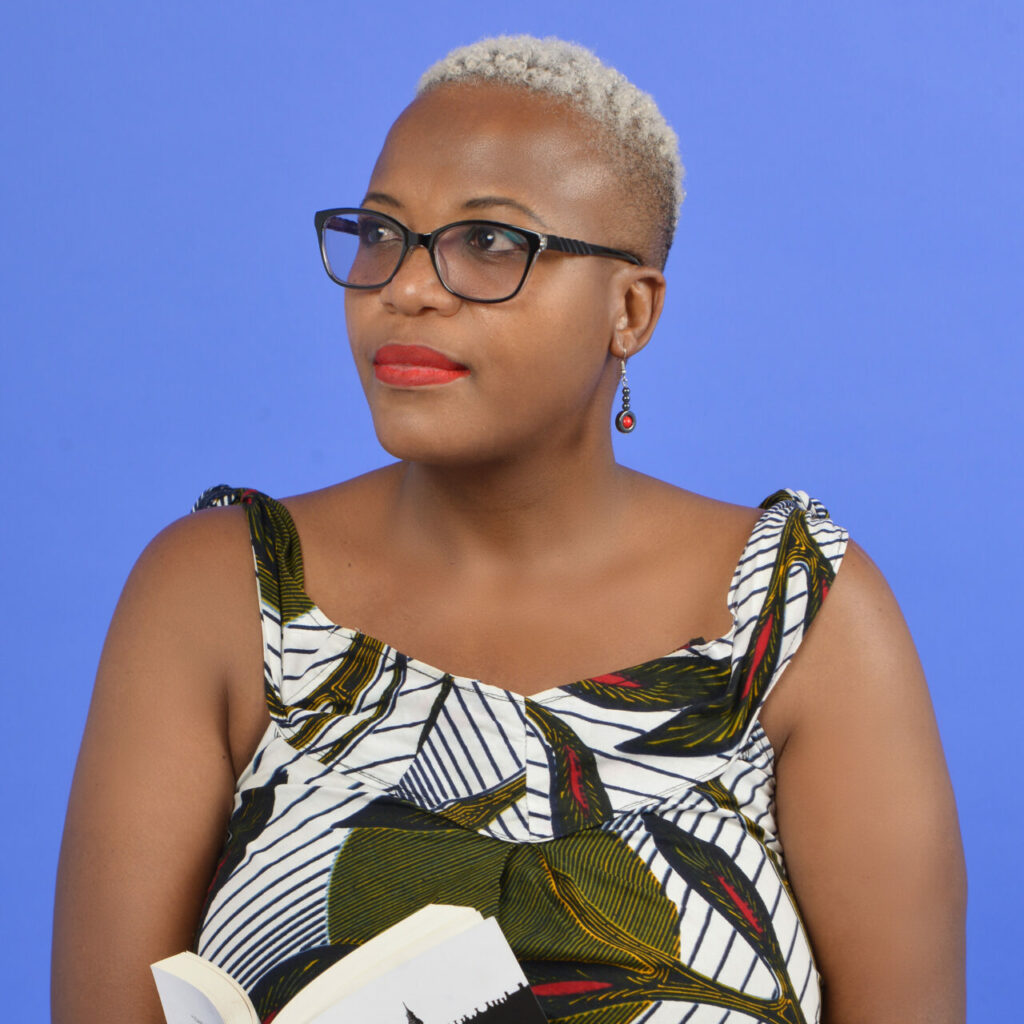
If you believe in the importance of open and independent journalism:
Friday 19th September
We set forth at dusk on Wednesday. Except we did not. After about three hours on board, everyone but the crew were having some colourful laughs. Some worse than others. It’s possible there are better ways but I still argue that nothing bonds strangers faster than being seasick together. You’d never believe it if the Actor, namesake of the Prophet – he who we have agreed will act the role of the Captain one day when we make this into a movie – had not filmed it and Instagrammed it. As an aside, I thought the Actor was part of the crew for the boat because prior to our setting sail, Mandem was there whenever any help was needed. It was he who was cleaning barrels of diesel, lifting things, tying what needed to be tied. When they gave the names of the participants, imagine my surprise hearing that he was just one of the participants and not crew member ! But back to the sickness of things.
The Captain, from the first throw-upper right to the last, was solicitous and made everyone feel well taken care of. And noticing that everyone had paused the seasickness for a minute, he brought his phone, filmed and said “Everyone say free, free...” The feeble “Palestine ! Free Palestine !” would have been hilarious if they weren’t said with conviction. A bunch of seasick men and a fewer women not losing sight of the fact that their upset stomachs were small things compared to the bigger mission. The captain u-turned and we found ourselves back at port in Gammarth where we slept until he took to the waters again at 4 am. I know this because I was up then.

Later that morning, Eurozone, my French-German comrade, started making breakfast, while I assisted. People strangely had a good appetite. Proof, perhaps, that no waves formed against us shall prosper? Seeing everyone, but for two people, you would have assumed that last night didn’t happen. But it was too late. Neither Actor nor Imam nor Journalist nor Researcher nor Philosopher nor Lawyer could revert to the formality of strangers. We had all been bonded by seasickness.
“A faith bigger than the proverbial mustard seed”
And then a moment of illumination. The Researcher. I saw him reading Ghassan Kanafani and I immediately got to chatting to him about Kanafani. A writer I always think of as one of my literary elders there with Ama Ata Aidoo, Ahdaf Soueif, Ahmadou Kourouma, Maryse Condé, Paulina Chiziane, Conceição Evaristo, Shimmer Chinodya and Zakes Mda. It was in reading them that I realized that I don’t have the privilege of “art for art’s sake” and through their inspiration, I have always wanted to ask tough moral questions to myself and my readers while respecting that the readers are intelligent enough to draw their own conclusions and hopefully without sounding too serious.
We talked, The Researcher and I, he in bad English and me, in worse French but we understood each other. The Journalist, seeing me make tea for the seasick asked me to make him coffee. Ehm, sorry? He repeated his ask. I pointed him to the kitchen. In the end, neither he nor I made the coffee. He only got his coffee when one of the crew was making it for themselves. Now, you ask, was that passive aggressive attitude necessary? Couldn’t I just make the man a coffee? It’s simple. We are all with each other for the next 10 days at least. If I start being a coffee-making intern now, I shall be a coffee-making intern until we break the siege.
And yes. I am aware of the possibility of an interception by the IOF but while the training prepared us as much as possible for it, I’m choosing to ignore that it may happen. At the end of training on the 5th, I was 25 percent certain that we would get to Gaza. Then the two drone attacks happened and my percentage came down to about 10 percent. If the IOF was doing this while the boats were at port in another country’s waters, what were the chances that we would make it? But something happened between waiting for the boats to be repaired and finally getting a seat on this boat. It may have been chatting to my Gazan brother, author and academic Haidar, now in Johannesburg and his saying “with these evacuations, I don’t know where my family is else I know all 40 of them still remaining would have been honoured to host you when you get to Gaza.” “When”. Not if. This is faith bigger than the proverbial mustard seed1. It would have dishonoured him, his partner and my sister Rifka and their two children for me to even get on the boat with any other belief beyond that we will make it. So now, I believe we have 75 percent chance of getting there although too, I’m prepared for the 25 percent eventuality. I don’t want it, but I’m prepared for it. Today everyone finally got their sea legs. The person who has had the worst seasickness was up and about even asking us whether we wanted green tea and making it for us.
“How did we end up colonized ? ”
Today too I had an accidental shower.
We can’t shower every day because there is limited amount of water the boat carries. For some reason, one of the crew told The Researcher that he could shower and I was within hearing and sight. After The Researcher, the crew member asked me, “you want to go next?”. I nodded enthusiastically. I had been ready since I last took a shower on Wednesday. Wet wipes and a bit of own bottle of water can only make one feel fresh for so long. He showed me how to operate the bathroom to ensure the water from the shower is drained. Mindful of how little water we have (we have a 1.5 litre daily limit and everyone who’s ever stayed with me will tell you that I normally drink about 5 litres a day), I took my short but oh-so-glorious shower. Now all fresh and clean, I went up and asked, “who’s next in the shower?” Captain looked at me like I was mad. “You took a shower? You were not supposed to take a shower. Nobody is supposed to shower yet until Day 4 when we hopefully get more water.” The crew member who had advised that I shower came to my defence and explained that he had assumed...that he thought...have you, dear Reader, ever felt guilty for being clean? It sounds strange but that’s where I found myself today.
A chat with The Philosopher made me feel better. See I have known The Philosopher as an Economist academic all along. But today he informed me that he actually first studied Philosophy. So as always happens in conversations, I learnt something knew. The Philosopher informed me of Ibn Khaldun2. Why this makes me happy is that I finally got to understand who the statue in the city centre in Tunis belongs to and who no-one had been able to tell me. Further, The Philosopher sent me some academic papers on Ibn Khaldun...this Tunisian thinker who was philosophizing at a time Europe was in its Middle Age... I make this reference only because I am wondering how we ended up colonized when we had such wise people on our continent who seem to have been intellectual and adventure equals.
And today too, we finally caught up with the rest of the boats in the flotilla. The yelling, the celebration, the joy was absolutely palpable. It was as though we were meeting people we hadn’t seen in years and yet we were together only on Sunday. This got me wondering when I sobered up from the joy. I have only known all these people for two weeks and yet I am delighted to see each and every one of them even from across the water in other boats. And I would be in pain if anything happened to any of them. How then must Gazans feel seeing people they grew up with killed? Burying youngsters they have known since birth and elders who admonished them when they too were children? How do Gazans feel having the IOF destroy places that house their memories? And how do those in the IOF, those in Global North governments feel knowing that the bombs they send to “the only democracy in the Middle East” is responsible for killing off entire bloodlines? For ecocide? For scholasticide? How have the world leaders, now with pomp and ceremony at UN General Assembly, justified profits mattering above human lives?
Today too, my heart hurt for humanity.

1“He put another parable before them, saying, ’The kingdom of heaven is like a mustard seed, which a man took and sowed in his field. It is the smallest of all seeds, but when it has grown it is larger than all the garden plants and becomes a tree, so that the birds of the air come and make nests in its branches.’” (Matthew 13:31-32, ESV/NIV style).
2Ibn Khaldun, born on May 27, 1332, in Tunis and died on March 17, 1406, in Cairo, came from an Andalusian family of Yemeni origin. He was a historian, economist, geographer, demographer, and a pioneer of sociology.
